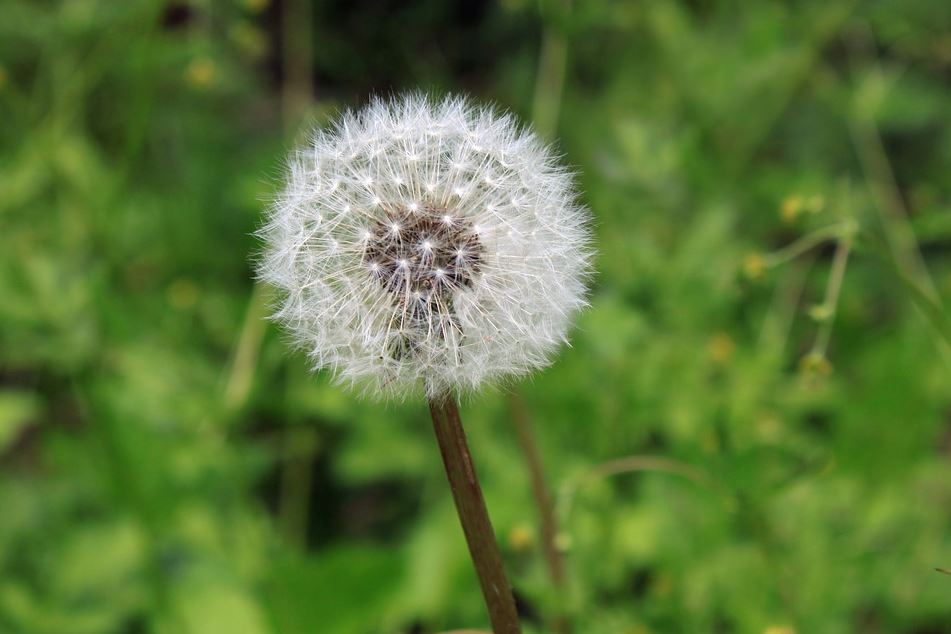Hay fever is that horrible allergy that one out of five Americans deals with every year. For some, it arrives as nasal congestion, while others may experience such symptoms as runny nose, itchy or watery eyes, a cough or sore throat. If you have suffered from hay fever in the past, you know how debilitating it can be. It can keep you from enjoying your favorite activities and may even keep you away from work. Learn from these four tips about how you can prepare ahead of time to treat hay fever this year and live with far fewer symptoms.
Treat Ahead of Time
Many people like to wait until their worst symptoms arrive before they treat them. This may be based on simple negligence or on the idea that it is best to keep medications out of the body whenever possible. However, what you may fail to realize is that you must begin treatment ahead of time and continue it throughout the allergy season to get the best results. Studies have shown that it is best to begin treatment approximately two weeks prior to the start of hay fever season.
Keep Pollen Out of Your Home and Car
Once you get pollen inside your home, it can be difficult to remove and can make your life miserable. Keep your windows closed in both your home and your car during allergy season, and use air conditioning for cooling. Dry laundry in your home dryer rather than on a line. Be sure to do a thorough spring cleaning before tree pollen season starts up, and change your furnace and air conditioning filters at the same time.
Know the Levels
Keeping an eye on pollen levels in your area will help you know when it is safest to be outside. Even with allergy medications in your bloodstream, you may still react symptomatically to high levels of pollen in the air due to dry, warm air or high winds. Check with your local weather service or on a pollen tracker app.
Try Clinical Allergy Treatments
If the above suggestions do not help you adequately, head to a local clinic like Southern Family Medicine Inc, and ask your doctor for help. He may suggest a prescription medication, a steroidal nasal spray or even an allergy shot, such as Kenalog. Allergy shots are usually given frequently in the beginning, but you will be put on a maintenance dose within a few months.
These four tips can do everything from decreasing your hay fever symptoms to getting rid of them altogether. Although keeping your house allergen-free may seem like a lot of work initially, it can provide you with a safe space where you can get a handle on your symptoms. If simple lifestyle changes do not give you enough help, over-the-counter or prescription allergy medications or even a simple allergy shot can help you conquer your worst symptoms.

